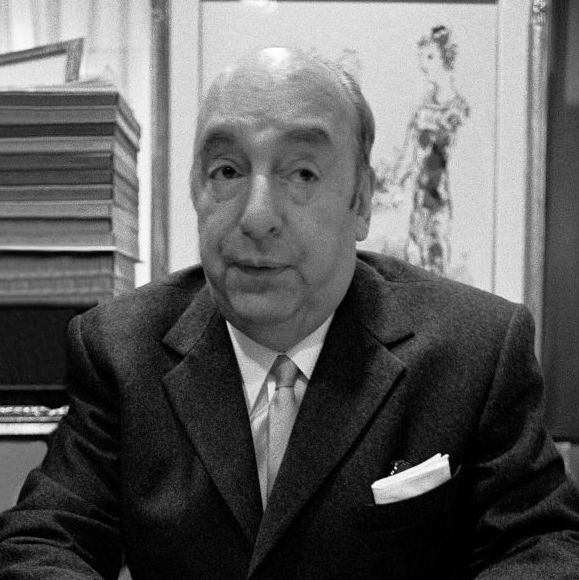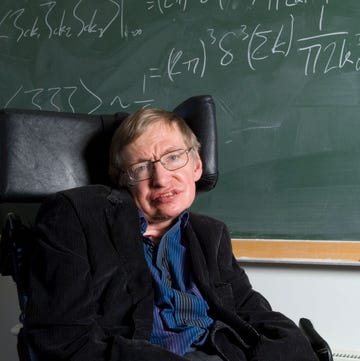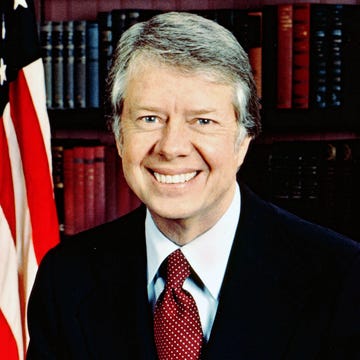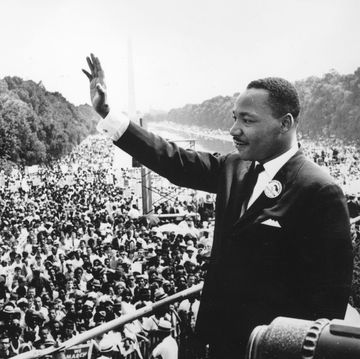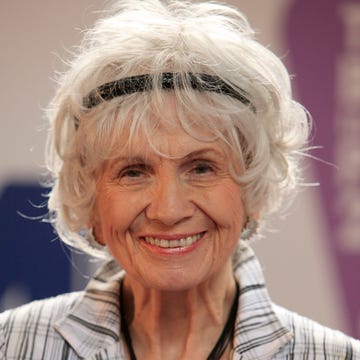1904–1973
Who Was Pablo Neruda?
Poet Pablo Neruda stirred controversy with his affiliation with the Communist Party and his outspoken support of Joseph Stalin, Fulgencio Batista, and Fidel Castro. His poetic mastery was never in doubt, and for it, he was awarded the Nobel Prize for Literature in 1971. Neruda died on September 23, 1973, with subsequent investigations exploring whether he might have been poisoned.
Quick Facts
FULL NAME: Pablo Neruda
BORN: July 12, 1904
DIED: September 23, 1973
BIRTH CITY: Parral, Chile
SPOUSES: Maria Antonieta Hagenaar (1930–1936), Delia del Carril (1943–1954), and Matilde Urrutia (1966–1973)
CHILDREN: Malva Marina
ASTROLOGICAL SIGN: Cancer
Early Life
Pablo Neruda was born Ricardo Eliecer Neftalí Reyes Basoalto in the Chilean town of Parral in 1904. His father, José del Carmen Reyes Morales, worked for the railroad, and his mother, Rosa Basoalto, was a teacher who died shortly after his birth. His father moved the family to Temuco when Neruda was a toddler, and José remarried.
At age 13, he began his literary career as a contributor to the daily La Mañana, where he published his first articles and poems. In 1920, he contributed to the literary journal Selva Austral under the pen name Pablo Neruda, which he assumed in honor of Czech poet Jan Neruda. (In 1946, he legally changed his name to his pseudonym.) The next year, he moved to Santiago to study French at university but soon was back to writing poetry.
Poems
Some of Neruda’s early poems are found in his first book, Crepusculario (Book of Twilight), published in 1923, and one of his most renowned works, Veinte poemas de amor y una canción desesperada (Twenty Love Poems and a Song of Despair), was published the following year. Twenty Love Poems made Neruda a celebrity, and he thereafter devoted himself to verse.
Diplomatic Career
In 1927, Neruda began his long diplomatic career (in the Latin American tradition of honoring poets with diplomatic posts), and he moved frequently around the world. In 1936, the Spanish Civil War began and Neruda chronicled the atrocities, including the execution of his friend Federico García Lorca, in his España en el corazón (Spain in Our Hearts).
Over the next 10 years, Neruda would leave and return to Chile several times. Along the way, he was named Chile’s consul to Mexico and won election to the Chilean Senate. He would also begin to attract controversy, first with his praise of Joseph Stalin (in poems such as “Canto a Stalingrado” and “Nuevo canto de amor a Stalingrado”) and later for his poetry honoring Fulgencio Batista (“Saludo a Batista”) and Fidel Castro.
Always left-leaning, Neruda joined the Communist Party of Chile in 1945, but by 1948, the Communist Party was under siege, and Neruda fled the country with his family. In 1952, the Chilean government withdrew its order to seize leftist writers and political figures, and Neruda returned to Chile once again.
Accomplishments
For the next 21 years, Neruda continued to write prodigiously, rising in the ranks of 20th century poets. (The collection of his complete works, which is continually being republished, filled 459 pages in 1951; by 1968 it amounted to 3,237 pages, in two volumes.) He also received numerous prestigious awards, including the International Peace Prize in 1950, the Lenin Peace Prize and the Stalin Peace Prize in 1953, and the Nobel Prize for Literature in 1971.
Personal Life
Neruda was married three times. He met his first wife, Maria Antonieta Hagenaar, in Java, Indonesia. The couple married in 1930 and had a daughter, Malva Marina. Neruda and Maria separated by 1936. Their daughter, who was born with a congenital defect, died in childhood.
In 1943, Neruda wed Delia del Carril, an Argentinian artist who was at least 20 years older than the poet. But years into the marriage, Neruda began having an affair with a Chilean woman, Matilde Urrutia. Neruda and Delia divorced in 1954.
It was while in exile in Mexico that Neruda and Matilde connected. She inspired some of his most famous poems. They married in 1966 and remained together until Neruda’s death.
Death and Investigations
In 2011, Neruda’s chauffeur alleged that the writer said he’d been given an injection at a clinic by a physician that worsened his health. Chilean judge Mario Carroza later authorized an official investigation into cause of death. Neruda’s body was exhumed in 2013 and examined, but a forensics team found no initial evidence of foul play.
However, in January 2015, the Chilean government reopened the investigation with new forensic testing. Although Judge Carroza ordered Neruda’s body to be returned to his gravesite, the discovery of unusual bacteria in the writer’s bones indicated that the matter had yet to be fully resolved. That November, the Chilean government said it is “clearly possible and highly probable” that third parties were involved in Neruda’s death.
A 2023 report confirmed Clostridium botulinum, a botulism strain, was found in one of Neruda’s molars and that it was likely present at the time of his death. The experts could not determine if the bacteria, which produces a highly lethal toxin, botulinum, caused the poet’s death. However, they noted that political prisoners in Chile were poisoned with this same bacteria in 1981.
Neruda Film
In 2016, the life of the renowned poet inspired the acclaimed Chilean film Neruda, which is directed by Pablo Larraín and follows a police inspector (played by Gael García Bernal) on the hunt for Neruda as he hides to escape arrest for his Communist views.
Quotes
- Laughter is the language of the soul.
Citation Information
- Article Title: Pablo Neruda Biography
- Author: Biography.com Editors
- Website Name: The Biography.com website
- Url: https://www.biography.com/authors-writers/pablo-neruda
- Access Date:
- Publisher: A&E; Television Networks
- Last Updated: February 16, 2023
- Original Published Date: April 2, 2014
Fact Check: We strive for accuracy and fairness. If you see something that doesn’t look right, contact us!..
